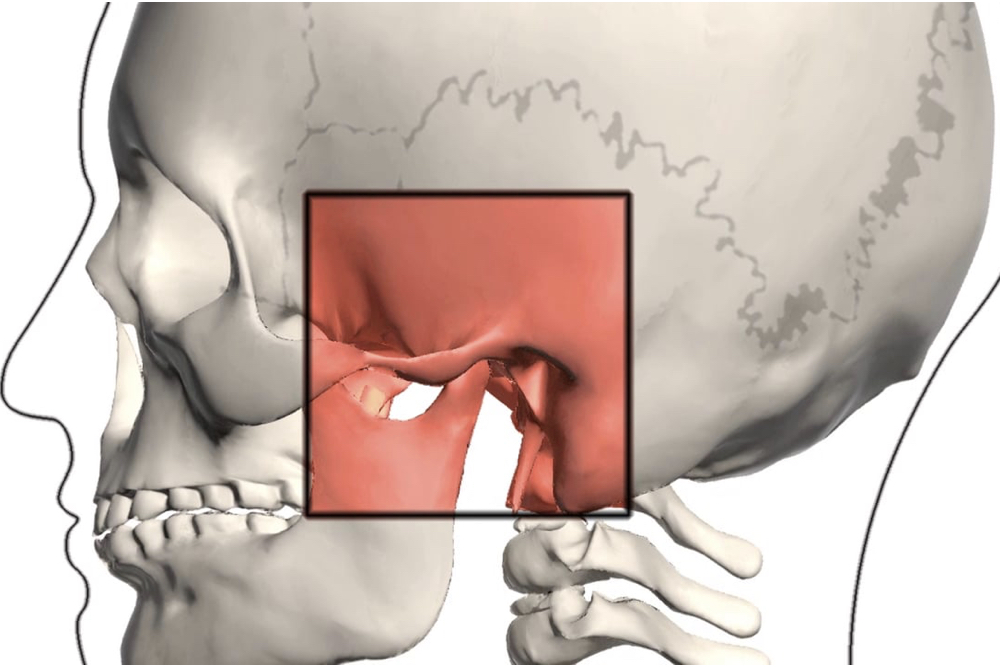What is TMJ/D?
Temporomandibular- TMJ- disorder (TMD/TMJ) is a problem affecting the joints between the lower jaw and the base of the skull and the associated muscles.
It is also called myofascial pain and may affect up to 30% of adults at some point during their lives.
The condition itself isn’t usually serious but can be debilitating. Symptoms and pain can significantly affect and lower quality of life. Symptoms can be short-lived or last for many years.
What are the symptoms?
TMJ/D can cause:
- clicking, popping, or grating noises as you chew or move your mouth
- muscle pain and aching around the jaw
- pain in front of the ear that may spread to the cheek, ear, and temple
- difficulty opening the mouth – the jaw may feel tight, as if it is stuck, making eating difficult
- a headache or a migraine
- an earache or a “buzzing” or blocked sensation in the ear(tinnitus)
- pain in other areas of the body – such as neck ache or backache
These symptoms may lead to related symptoms, such as disturbed sleep.

What are the causes?
Possible causes of TMD include:
- Tension, emotional stress, worry, and anxiety.
- clenching your jaw or grinding your teeth during sleep (bruxism) – which overworks the jaw muscles and puts pressure on the joint (often caused by stress)
- posture, the position of your jaw may affect your posture and vice versa
- wear and tear of the inside of the jaw joint – usually caused by osteoarthritis
- injury to the jaw joint – for example, after a blow/trauma to the face or surgery
- stress – some people may inherit increased sensitivity to pain or stress
- uneven bite – for example, when new fillings, dental crowns or dentures are fitted
- specific diseases – TMD may be associated with specific diseases such as rheumatoid arthritis, gout or fibromyalgia
However, some people may develop TMD without an obvious cause being found. So, on most of these occasions, TMJ is usually a number of different problems making one big one



